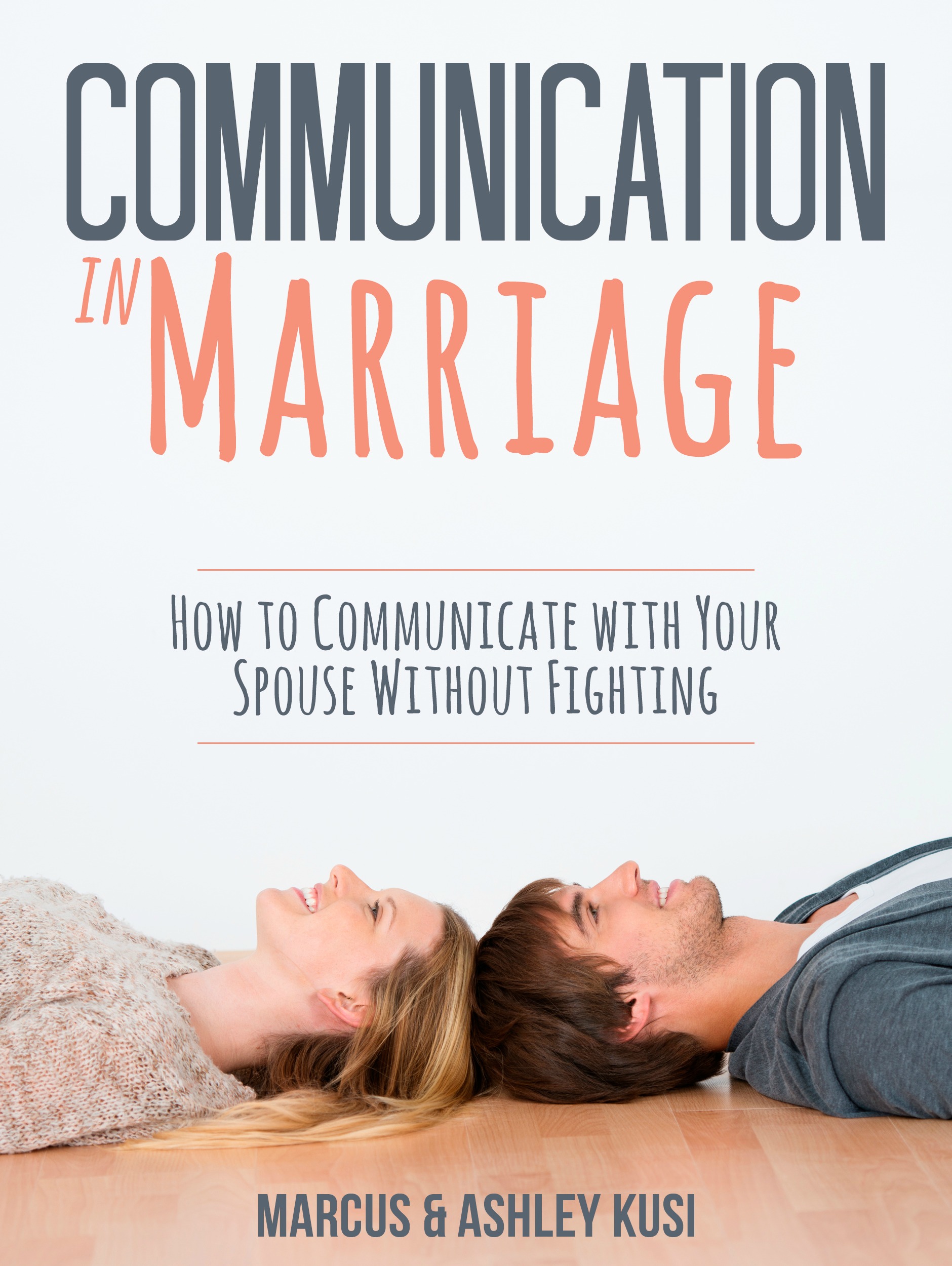Medea,
despite having practically all her assets and honor taken away from her, still
is able to make a sacrifice. She is willing to sacrifice her reputation and
morality all for exacting vengeance upon her husband. However, she does not
falter at sacrificing these, since they mean fairly little to her. Instead, her
true sacrifice comes in making her children martyrs to her cause. This does
align with true sacrifice, as she encounters a moment of emotional dilemma – “[her]
heart is not in it,” (1041) and relents to “have twice as many woes” (1046). But,
with her dismissal of this as cowardice, she resumes her sacrifice with sending
them to deliver death and walk to their own. She retains her pride this way, by
lifting herself up via lowering Jason and destroying all that he loves – be it
a mutual love between the two or not.
However,
this is not the only time she has sacrificed family for her own benefit. She
betrayed her own blood in her homeland to help Jason out of love. Thus, Medea’s
own pride and childish selfishness are contingent on how far she is willing to
sacrifice her own physical and metaphysical assets. She is willing to cause
damage to herself, so long as it helps her reach her own ends. As such, her
murdering of her children is her final sacrifice – she has no more to give, and
thus she can gain no more. She will only have a fall from grace from here,
until she obtains something else to burn in sacrifice to the goddess of her own
pride.













